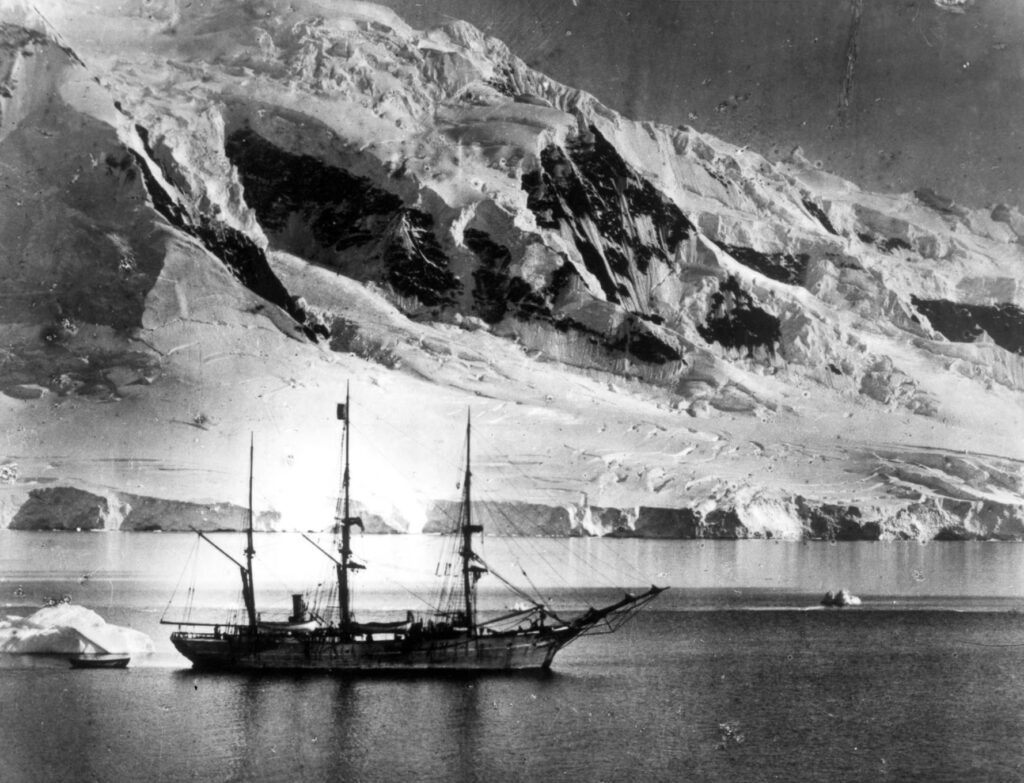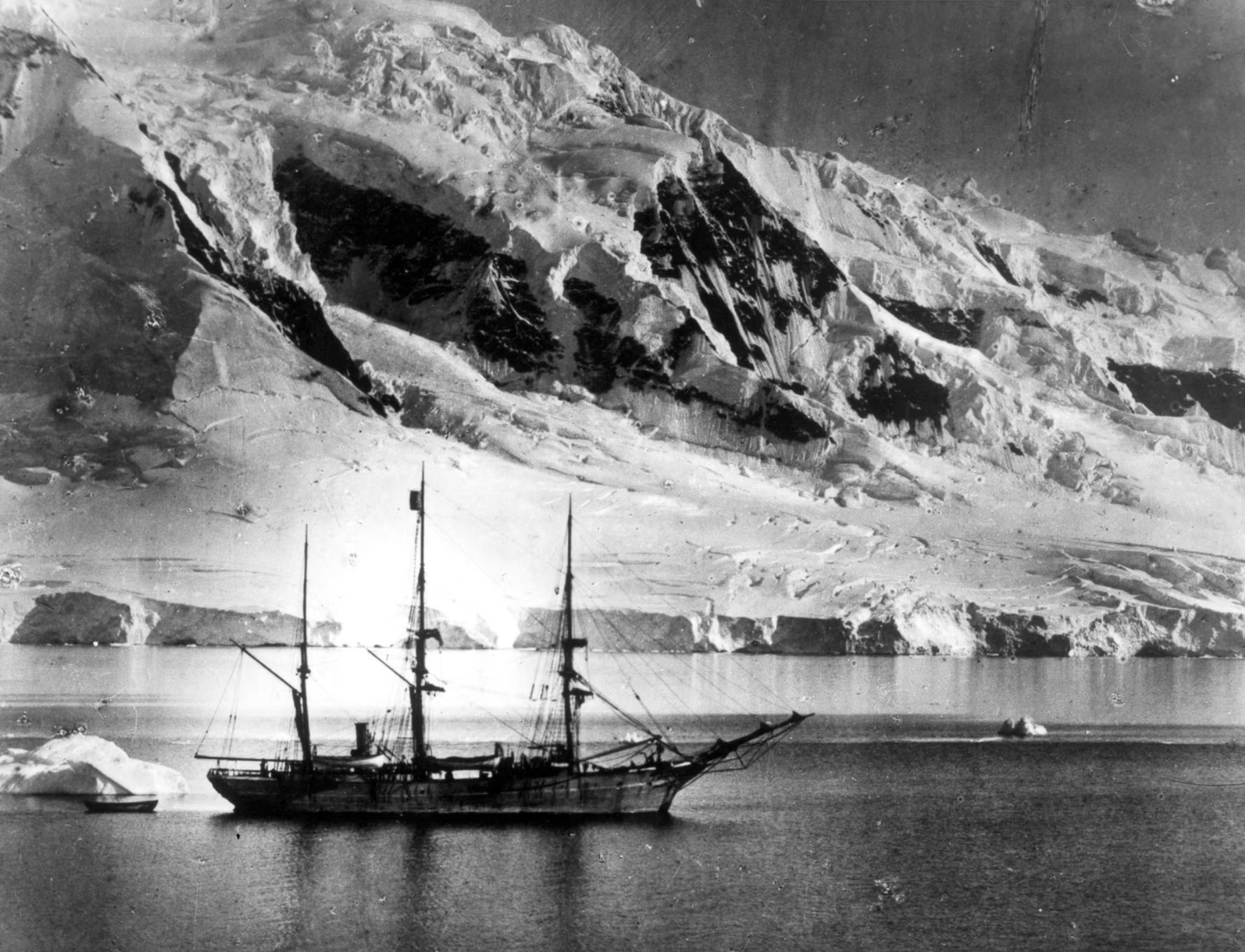Table of Contents
- The first to winter on the continent.
- Mr Amundsen’s First Expedition
- Plagued with problems from the start
The Belgica expedition was a Belgian Antarctic expedition that took place between 1897 and 1899. The expedition was led by Adrien de Gerlache, and it was the first expedition to winter in Antarctica. The ship, the Belgica, left Antwerp, Belgium on August 16, 1897, and sailed to the Antarctic Peninsula.
The first to winter on the continent.
The expedition was plagued with problems from the start, including delays and a shortage of funds. The ship became trapped in the ice near Peter I Island, and the crew was forced to spend the winter on the continent. The crew faced many challenges, including cold, isolation, and scurvy. Despite these difficulties, the expedition was able to make a number of scientific discoveries and was able to map and survey a significant portion of the Antarctic Peninsula.

Mr Amundsen’s First Expedition
The expedition was also notable for being the first to include a scientist, Roald Amundsen, as a member of the crew. Amundsen would later become a famous explorer in his own right, and the expedition was a formative experience for him.
The expedition was also notable for including Frederick Cook and Emil Racoviță, who would later become notable explorers and scientists in their own right.
Plagued with problems from the start
The Belgica expedition faced many problems during its time in Antarctica. Some of the main issues that the crew faced included:
- Delays and a shortage of funds: The expedition was plagued by delays and financial difficulties from the start. This caused problems with the ship’s preparation and resulted in a delay in the expedition’s departure.
- Ice: The ship became trapped in the ice near Peter I Island, and the crew was forced to spend the winter on the continent. The ship was not equipped for this and the crew faced extreme cold and isolation.
- Scurvy: The crew also suffered from scurvy, a disease caused by a deficiency of vitamin C. This was a common problem on long voyages at the time, and several members of the crew were affected.
- Mental health: The isolation and hardship of the expedition took a toll on the crew’s mental health. Some members of the crew experienced depression and other mental health issues as a result of the prolonged confinement and harsh conditions.
- Logistics: The expedition also faced logistical problems, such as the lack of proper clothing and equipment, which made it difficult for the crew to carry out their work.
Despite these challenges, the expedition was successful. Adrien de Gerlache and Roald Amundsen were able to lead the crew to survive the winter and to maintain a degree of scientific activity and observations.
Lately it was the idea of the latest, eating raz penguin meat and not canned food that proved to save crew members for a fatal end.


